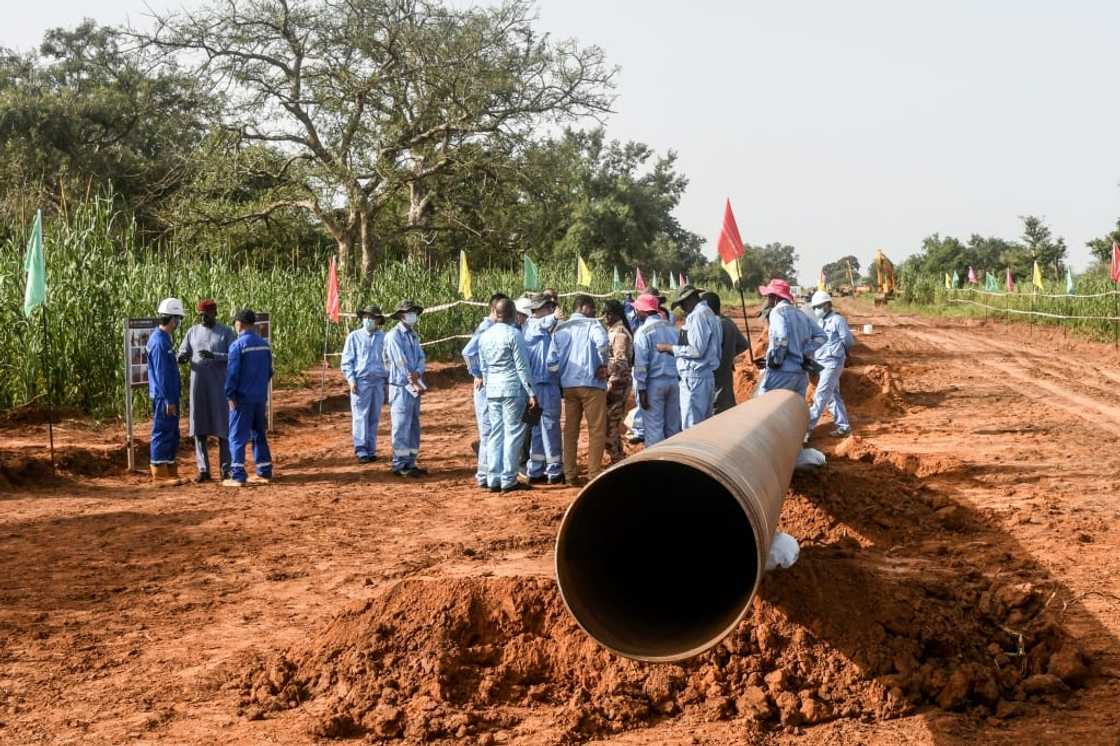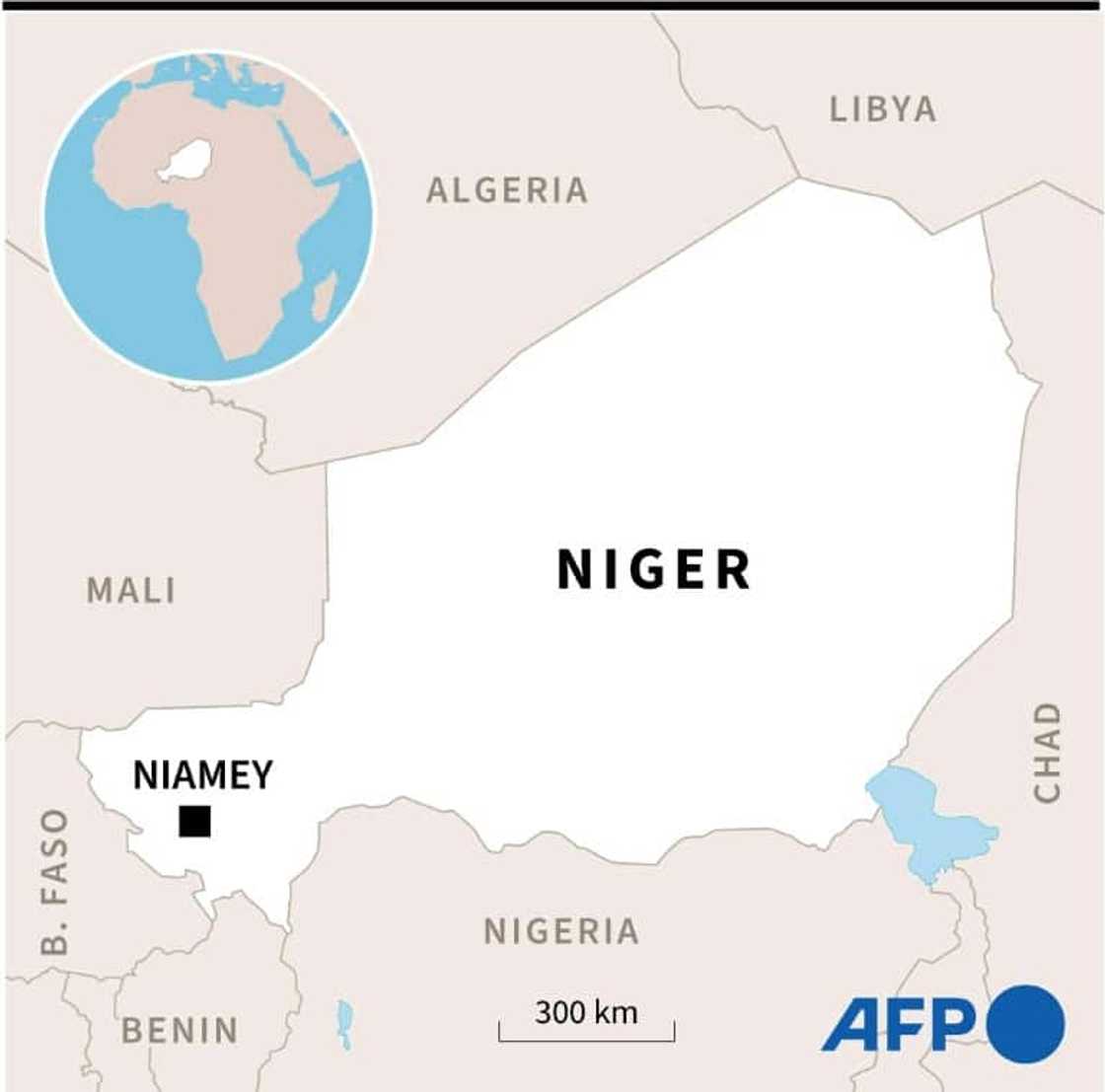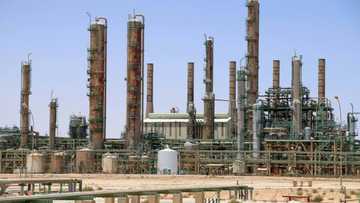Niger finance minister rebuffs pressure to drop oil drive

Source: AFP
Niger's finance minister says lack of support from rich countries makes it impossible for his impoverished nation to abandon revenue from oil.
The landlocked Sahel state has launched a scheme to build Africa's longest pipeline, shuttling crude oil over nearly 2,000 kilometres (1,250 miles) to a port in Benin.
Environmental campaigners are dismayed about initiatives that perpetuate the use of climate-damaging fossil fuels.
But in an interview with AFP, Finance Minister Ahmat Jidoud said Niger had no alternative.
"Right now it's not possible," he said.
"It is important for us to be able to exploit our own resources until the conditions are there for the climate transition to unfold," he said.
PAY ATTENTION: Follow us on Instagram - get the most important news directly in your favourite app!
Niger's 26 million people are the poorest in the world, according to the benchmark of the UN's Human Development Index.
The population is also one of the fast-growing in the world, expanding by 3.7 percent annually.
Without income from oil, "our development is compromised," Jidoud said, warning of a "social (time-) bomb."
Niger became an oil producer in 2011, with the China National Petroleum Corporation (CNPC) sending crude by pipeline to refineries in Zinder in the south-centre of the country.
The new $6-billion pipeline will connect wells in the eastern region of Agadem with the Beninese port of Seme.
Launched in 2019, the project was supposed to be completed in 2022, but was hampered by the Covid-19 pandemic.
More than 600 km of pipeline has already been laid, and Niger is on track to sell crude on the international market from next July, according to the ministry of petroleum and energy.
Jidoud spoke to AFP on the sidelines of a conference in Paris aimed at mustering public and private funds to support Niger's 2022-26 $29.6-billion development plan.
The blueprint, unveiled on Monday by President Mohamed Bazoum, aims to reduce the poverty rate from 43 percent to 35 percent.
It says the state can count on $13.35 billion from its own resources, a figure that is crucially dependent on oil exports.
Thanks to the new pipeline, oil sales by the end of 2023 should rise from 20,000 barrels per day to 110,000, according to his plan.
Under this scenario, oil income would account for half of the country's fiscal revenue and a quarter of GDP.
Income from oil compares starkly with the funds channelled by rich countries to help poorer nations move to a climate-friendlier path, said Jidoud.
"You can't talk to us about the energy transition if the support promised by the G20 countries doesn't show up," he said.

Source: AFP
He pointed to a promise, first made by rich economies at the 2009 Copenhagen climate summit, to muster $100 billion a year in support -- a vow that remains unfulfilled.
In addition to entrenched poverty, Niger is battling climate extremes in a deeply arid region, and struggling with two jihadist insurgencies.
Jidoud said that in early commitments on Monday, the African Development Bank (AfDB) had promised 2.4 billion euros (dollars), the West African Development Bank (WADB) 680 million euros and France -- Niger's former colonial power and ally -- 550 million.
PAY ATTENTION: Сheck out news that is picked exactly for YOU ➡️ find the “Recommended for you” block on the home page and enjoy!
Source: AFP



